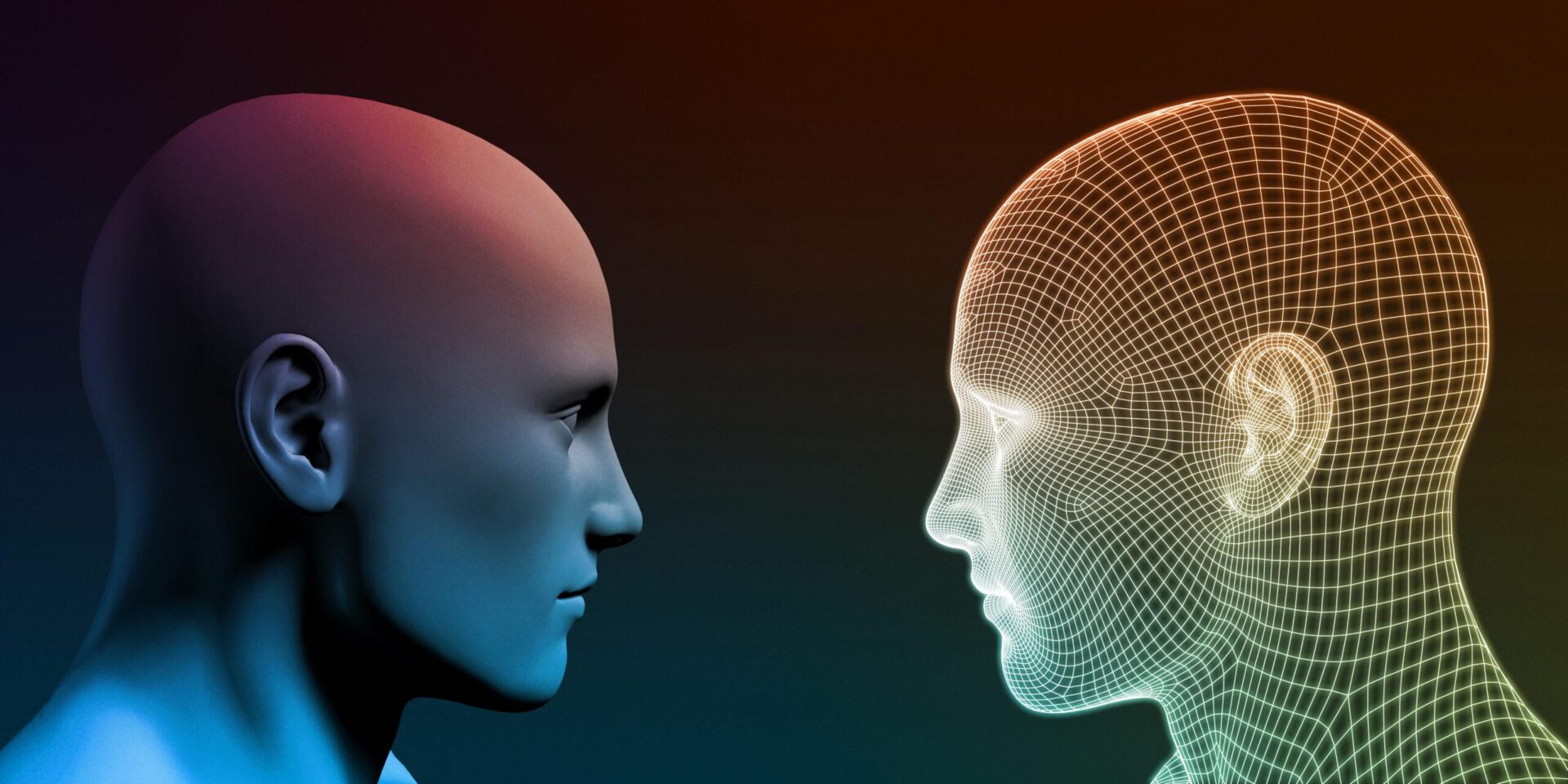DoT has signed a Letter of Intent (LoI) with the International Telecommunication Union (ITU) to foster collaboration on cutting-edge technologies like AI-driven solutions, digital twins, virtual worlds
The partnership will focus on developing global standards for interoperability, advancing sustainable development, and promoting citizen-centric urban planning
India will also partner with ITU-T Study Group 20 to develop global standards and APIs for Internet of Things (IoT), digital twins, and smart cities
The Department of Telecommunications (DoT) has signed a Letter of Intent (LoI) with the International Telecommunication Union (ITU) to foster collaboration on cutting-edge technologies like AI-driven solutions, digital twins, virtual worlds, and IMT-2030 technologies.
The partnership will also focus on developing global standards for interoperability, advancing sustainable development, and promoting citizen-centric urban planning frameworks, the telecom department said in a statement.
Under the pact, the DoT will share insights from its Sangam initiative and ITU will provide findings from its Citiverse programme. The organisations will work together to integrate data across sectors and promote collaborative planning.
Notably, Sangam and Citiverse are digital twin programmes launched by DoT and ITU, respectively, for infrastructure planning and design, education and municipality use.
Digital twins are virtual replicas of physical assets like city maps or buildings, which can be integrated with AI and real-time mobile data. They are emerging as transformative tools for urban development, transport, and healthcare.
India will also partner with ITU-T Study Group 20 to develop global standards and APIs for Internet of Things (IoT), digital twins, and smart cities.
The collaboration will also create sandbox environments to test new digital twin technologies, pilot cutting-edge projects, and adjust regulatory frameworks to accommodate technological progress.
Further, AI-driven platforms will be employed to engage citizens in real-time urban planning, encouraging participatory governance and improving decision-making. Both parties will also share knowledge on privacy-enhancing technologies (PETs) and their use in ICT measurement, particularly to build privacy-conscious digital twins for urban planning.
Additionally, India and ITU will work on developing AI models tailored to local datasets, offering customised solutions for infrastructure planning and addressing urban mobility challenges.
Notably, launched in February 2024 by the DoT, “Sangam: Digital Twin initiative,” aims at leveraging 5G/6D, IoT, AI, AR/VR technologies for building smart infrastructure.
This came after the Indian government pushed for the use of the “National Digital Twin” programme in the national geospatial policy in 2023.
Under the National Digital Twin programme, the government is creating a platform for sharing data and insight of all infrastructure sectors.
Disclaimer
We strive to uphold the highest ethical standards in all of our reporting and coverage. We StartupNews.fyi want to be transparent with our readers about any potential conflicts of interest that may arise in our work. It’s possible that some of the investors we feature may have connections to other businesses, including competitors or companies we write about. However, we want to assure our readers that this will not have any impact on the integrity or impartiality of our reporting. We are committed to delivering accurate, unbiased news and information to our audience, and we will continue to uphold our ethics and principles in all of our work. Thank you for your trust and support.



![[CITYPNG.COM]White Google Play PlayStore Logo – 1500×1500](https://startupnews.fyi/wp-content/uploads/2025/08/CITYPNG.COMWhite-Google-Play-PlayStore-Logo-1500x1500-1-630x630.png)